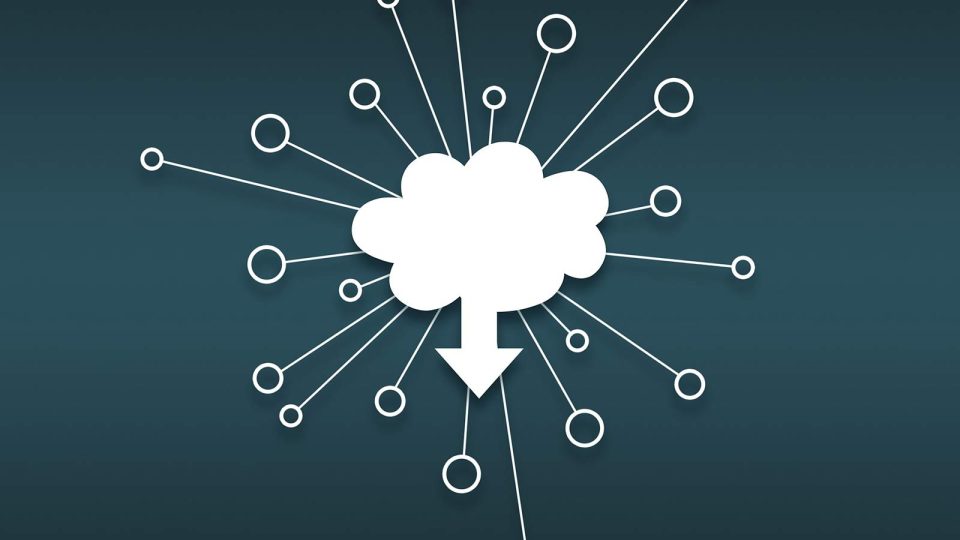Survey of MSSP professionals finds that providers struggle more with administrative activities than security operations
D3, the leader in smart security orchestration, automation, and response (SOAR), today announced the results of its “2024 MSSP Survey.” The survey found that automation has driven revenue and profit margins for approximately two-thirds of managed security service providers (MSSPs) while improving the job satisfaction of 87% of employees.
Also Read: Securing Software Supply Chains: How Technology Leaders Can Build a Unified Front
“The results of this research project tell us that automation is a crucial tool for MSSPs and that capabilities that reduce administrative burdens—such as fast client onboarding, streamlined client collaboration, and automated reporting—are some of the most important things we can provide our many MSSP customers.”
The survey asked professionals currently working for MSSPs for their perspectives on automation, artificial intelligence, challenges, growth opportunities, and other topics. The responses paint a clear picture of the current state of the MSSP industry, as told by those on the front lines.
Key findings from the survey include:
- MSSPs have an overwhelmingly positive view of automation. 82% of respondents said their company uses a high or medium amount of automation. 87% of respondents said automation had a positive effect on their job satisfaction. 67% said automation had helped their business increase revenue, 64% said it helped them improve profit margins, and 64% said it helped them differentiate from competitors. Only 4% of respondents said automation had been used to replace human workers.
- Artificial intelligence is widely used by MSSPs, but not in consistent ways. 80% of respondents said their company used some AI. However, many of the use cases they cited were for enabling business functions, such as sales and marketing, rather than security operations.
- MSSPs struggle with the administrative aspects of their business more than security operations. When asked about their MSSP’s biggest challenge, respondents’ most common answer was “effective communication and collaboration with clients.” Similarly, the top three responses to the question “what tasks currently tie up too much time in your organization?” were all administrative: reporting, client onboarding, and client communication. The security activity that was most frequently named as a challenge was threat hunting, which came in fourth.
Also Read: CIO Influence Interview with Mark Whitehead, CEO and co-founder, NDay Security
- Cybersecurity is still a challenging field for workers. 80% of respondents said that, in their opinion, stress had a negative impact on the wellbeing of people in the cybersecurity industry.
- MSSPs expect to grow their customer bases through other managed service providers. 67% of respondents said their company planned to drive customer growth through the sector of MSPs and IT services, just ahead of enterprise customers (64%) and SMBs (64%). This could reflect a competitive market for new direct customers, as evidenced by more respondents saying they planned to grow revenue via new services sold to existing customers (80%) than through net new customers (69%).
“D3 is committed to performing research that provides value to readers and also helps us better understand our customers and how our technology can support them,” said Pierre Noujeim, Incident Response Researcher at D3. “The results of this research project tell us that automation is a crucial tool for MSSPs and that capabilities that reduce administrative burdens—such as fast client onboarding, streamlined client collaboration, and automated reporting—are some of the most important things we can provide our many MSSP customers.”
The survey received close to 2000 responses from May to July of 2024. 71% of the MSSPs represented by the survey participants were based in the USA. The other countries represented were Canada, Brazil, Australia, Denmark, India, and the UK. 44% of respondents were cybersecurity practitioners, 29% were non-security executives, and 27% were security leaders, such as CISOs or SOC managers. They represented MSSPs ranging from 100+ employees (56%) to fewer than 25 (22%).
[To share your insights with us as part of editorial or sponsored content, please write to psen@itechseries.com]



